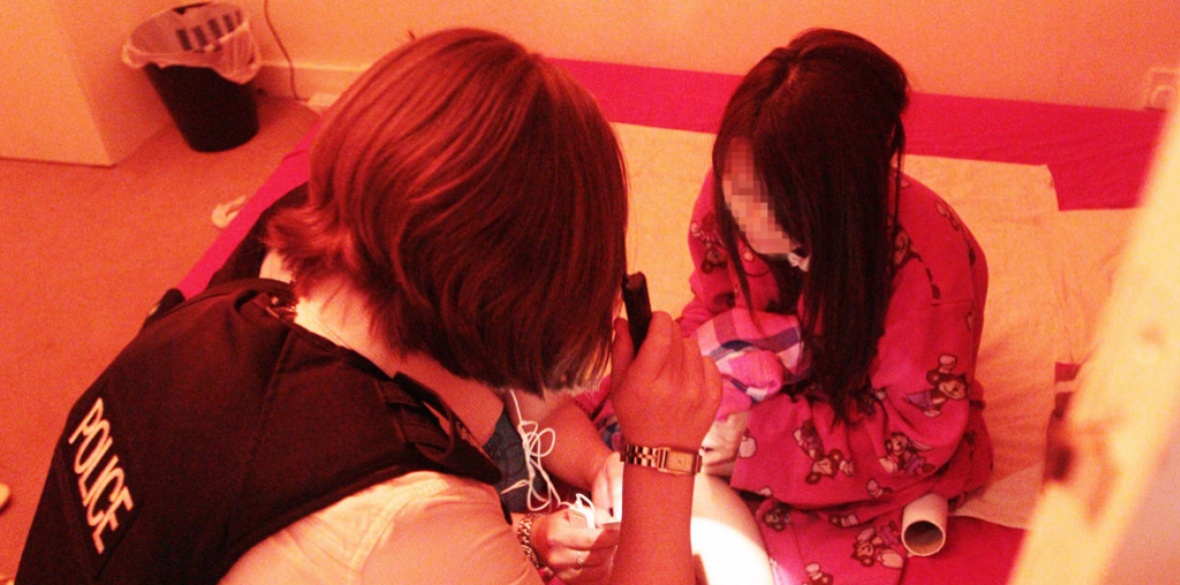This is the last article you can read this month
You can read more article this month
You can read more articles this month
Sorry your limit is up for this month
Reset on:
Please help support the Morning Star by subscribing here
POP-UP brothels run by trafficking gangs are sexually exploiting vulnerable women on an industrial scale, a new report warns.
Brothels are often being set up in residential properties using short-term leases, with exploiters flying under the police radar as they take advantage of poor safeguards to hire new sites for pop-ups, the all-party parliamentary group (APPG) on prostitution and the global sex trade said.
The group has called for Britain to follow the example of other European countries by criminalising people who pay for sex but decriminalising the selling of sex, in an attempt to cut demand for the industry.
It also wants the government to stop websites advertising and profiting from prostitution.
Group chairman Labour MP Gavin Shuker said: “A revolving door of vulnerable women, predominantly from eastern Europe, are being supplied by trafficking gangs into residential properties and hotels in order to be sexually exploited by UK men.
“Right now the traffickers are winning. The UK is currently a low-risk destination for organised crime groups seeking to sexually exploit vulnerable women.”
The report, Behind Closed Doors: Organised Sexual Exploitation in England and Wales, says there were at least 212 ongoing police operations against modern slavery cases involving sexual exploitation, “overwhelmingly” involving foreign nationals working in brothels. The report said about 85 per cent of victims were foreign, with Romanians the most common nationality.
Nordic Model Now chairwoman Anna Fisher said the all-party group has done a “fantastic job” researching and documenting widespread exploitation and rights abuses, and members of the campaign group “wholeheartedly welcome” the committee’s calls.
“They have made the case that tackling this must start with challenging men’s impunity to buy women for sexual use and abuse and companies’ freedom to profit from this trade in human misery,” she said.
But English Collective of Prostitutes spokeswoman Cari Mitchell disagreed with the report’s conclusions, calling it a “sham.”
She claimed criminalisation of sex workers or clients drives prostitution “further underground,” increasing stigma, discrimination and the risk of violence.
“Blaming the internet for a prostitution ‘boom’ puts the APPG in the same camp as Iain Duncan Smith, who notably attributed the increase in people going to foodbanks on growing ‘awareness’ of foodbanks.
“If the APPG is truly interested in reducing prostitution, why isn’t their headline recommendation the abolition of benefit sanctions, directly linked with the rise in prostitution, especially on the street?
“It seems the APPG is more taken with the sensationalised, sexed-up story of pop-up brothels. Sex workers feel exploited — and not by prostitution,” she argued.











